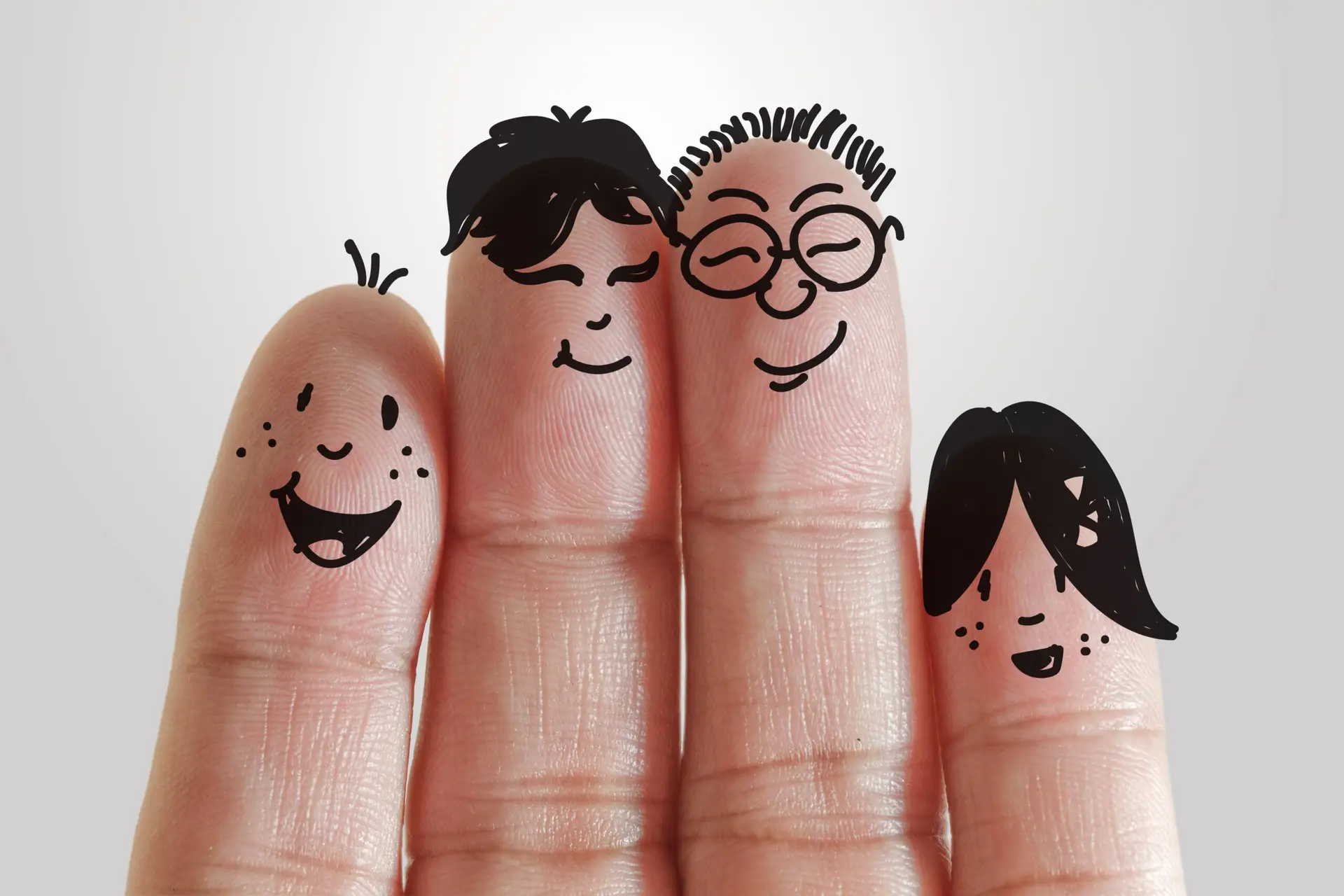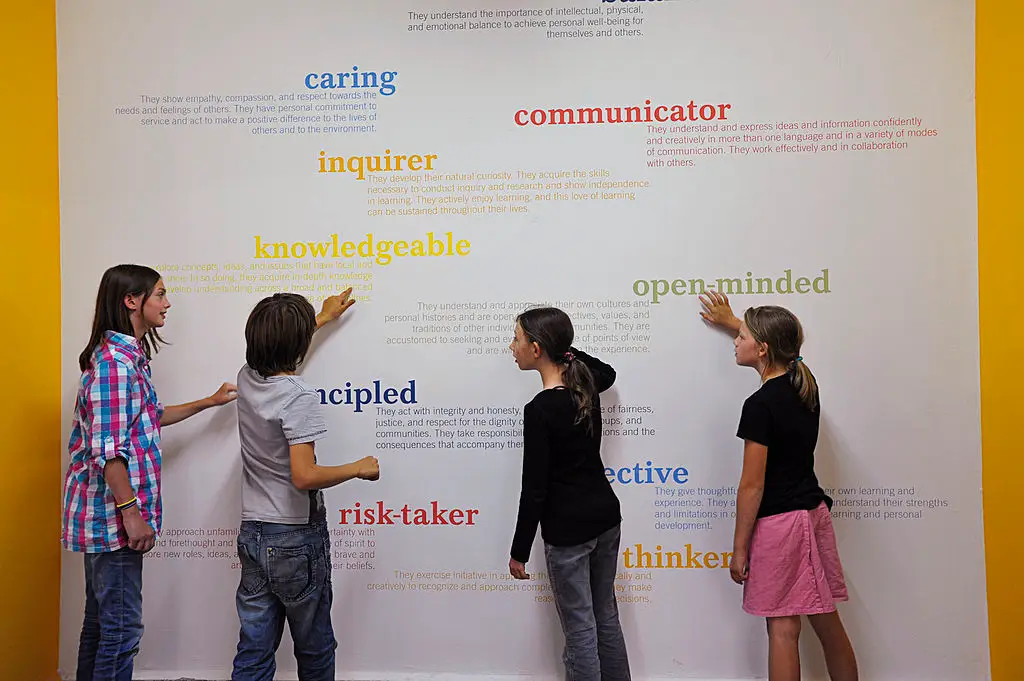What is Focusing?
Focusing is a process that was created by Eugene Gendlin back in the 1950s.
He was studying with Carl Rogers as to why some therapy patients got better and others didn’t. It turned out it had nothing to do with the skills of the therapist and everything to do with the client themselves.
Some clients were intuitively pausing, and internally checking in with themselves in sessions. Others stayed in the story their mind told them the whole time. It is the first group who were the ones who moved forward and had healing.
Gendlin coined the expression ‘the felt sense’ to describe this inside place. He wanted to make this felt sense accessible to everyone, so he created a six-step process to access it, which he named Focusing.
Learn more about Focusing and Gendlin here
Focusing is a practice in its own right, used by Focusers to help them access their own felt sense and to move forward on diverse issues in their lives. It can also be integrated into other practices, for example: creative expression, conflict resolution, and therapy, among others
For coaches, it’s an incredibly useful tool, not only for ourselves, but also for our work with clients.
Focusing can help you :
- Deepen your client work through your own embodiment.
- Bring greater presence and aliveness to your client work.
- Become better able to process any emotional responses to difficult clients.
- Regulate your own and your client’s nervous system.
- Feel more resourced in general and in your work with clients
- Gain clarity on a challenging issue
- Find deeper levels of self-acceptance for yourself and others and so model it for your clients
And the list goes on!
My passion for this work motivates me to want to share it because it has given me so much in my own life and in my work with clients
Feedback from previous participants
‘Being more present in myself and listening to my gut rather than living in my head so much’
‘Any coach worth their salt will want to learn to be more present’
‘This will make me a more attentive and a better coach.’
‘With these tools I will be able to create much deeper connections with the clients. Some of the techniques are also useful for my own wellbeing.’
‘Being fully present and grounded opens up new possibilities and widens our perspective. It creates a certain level of lightness and mental space. I LOVE IT!’





